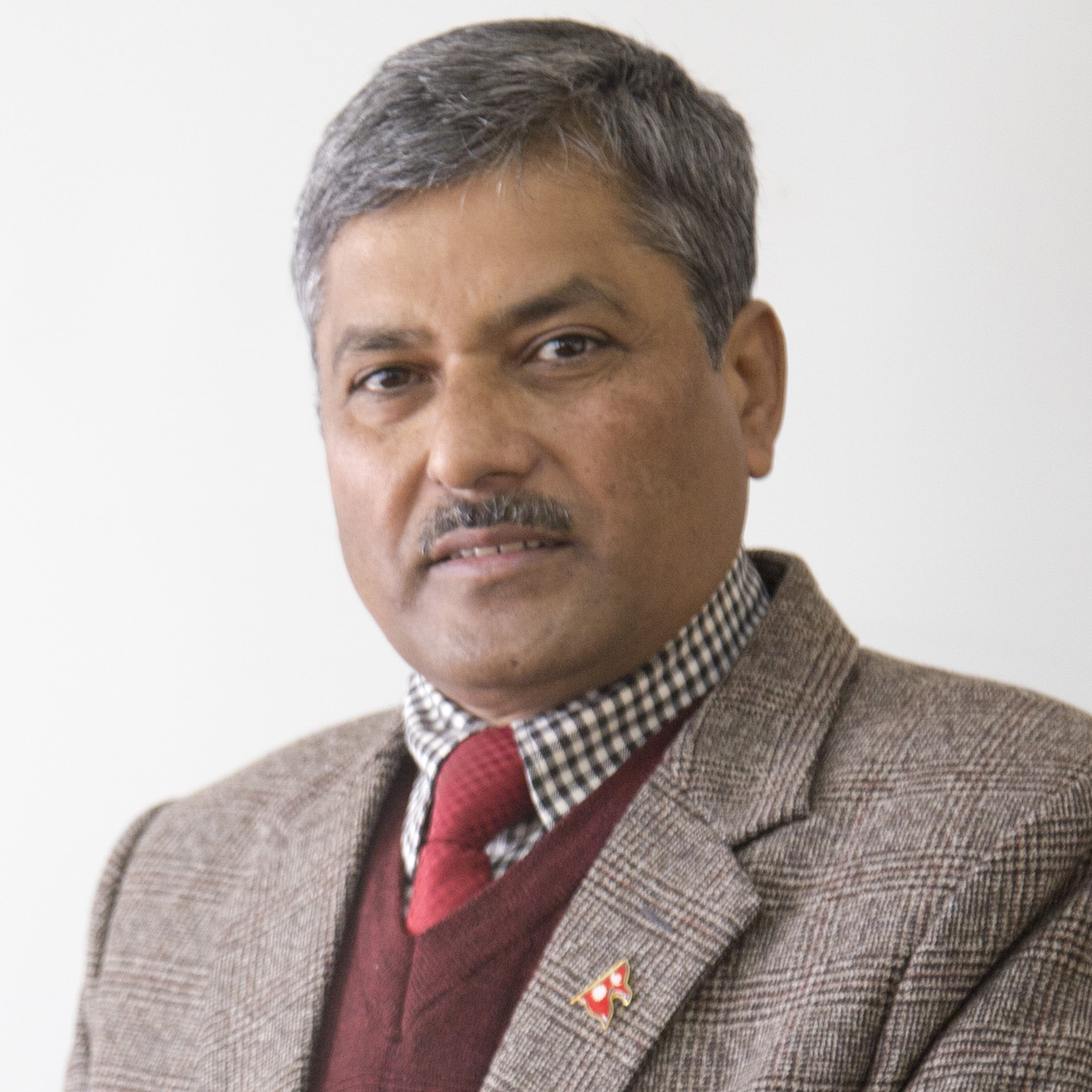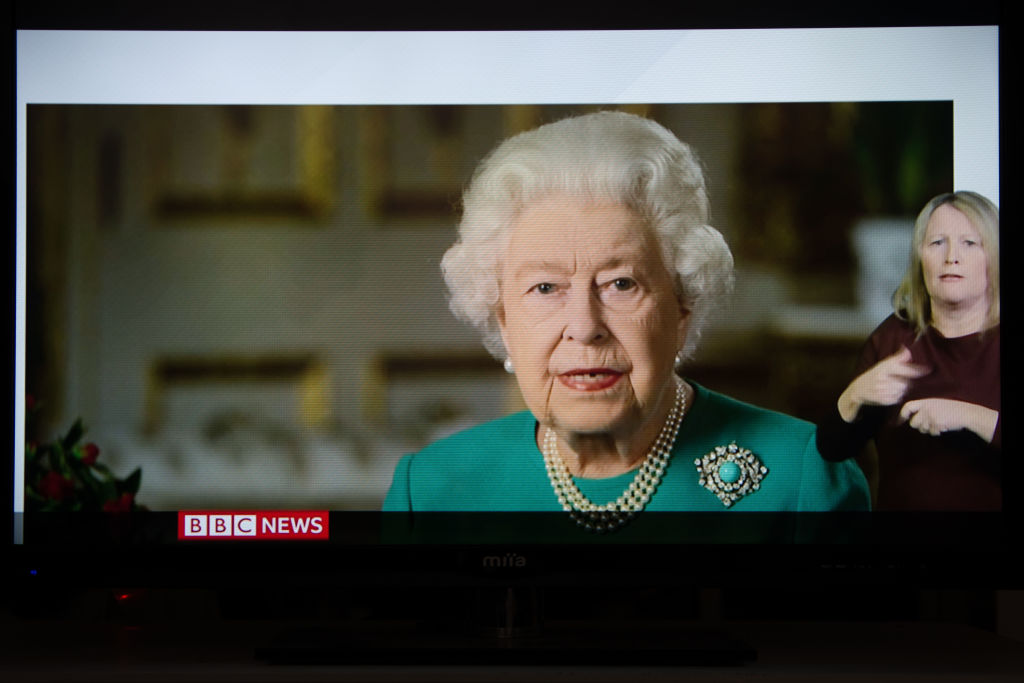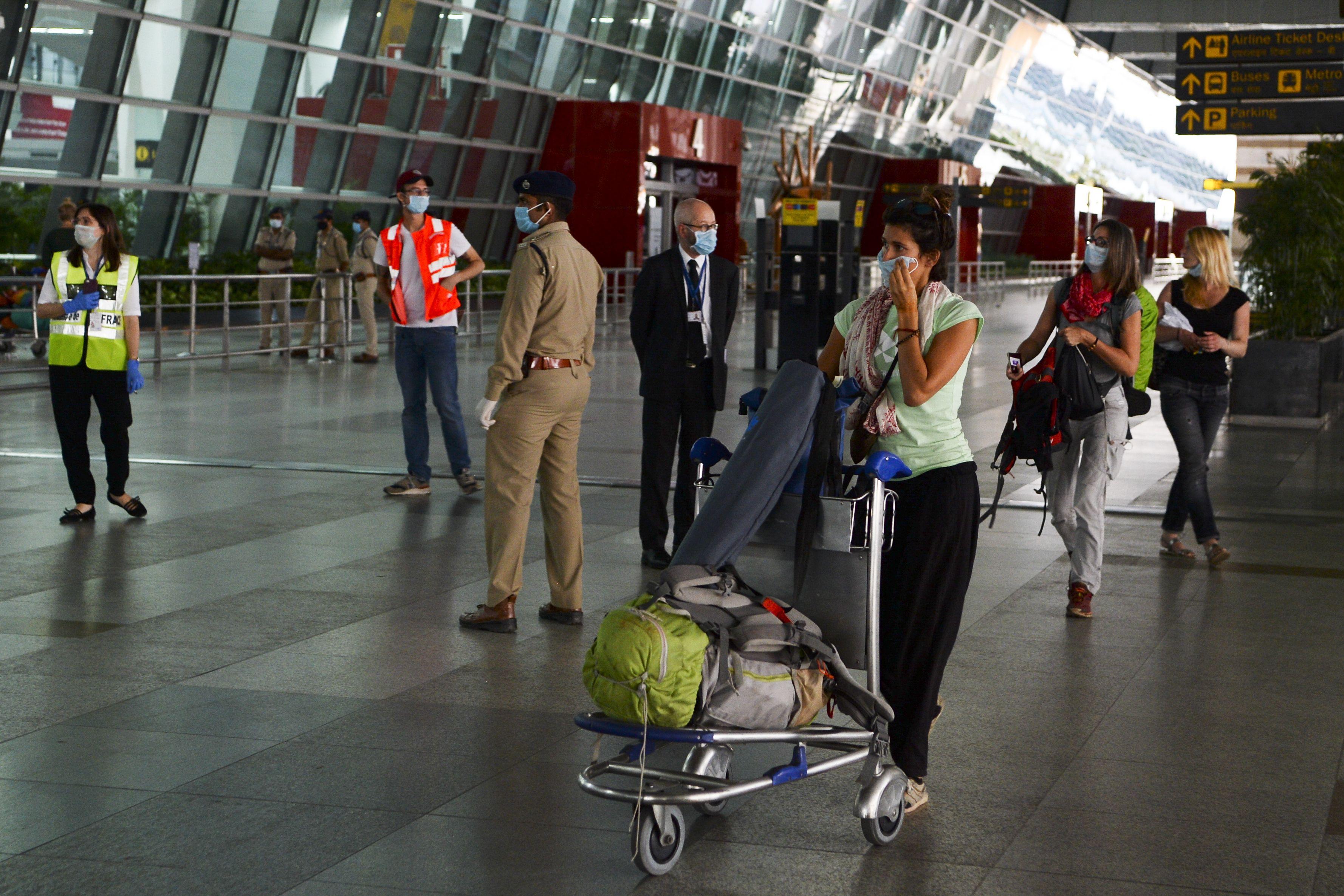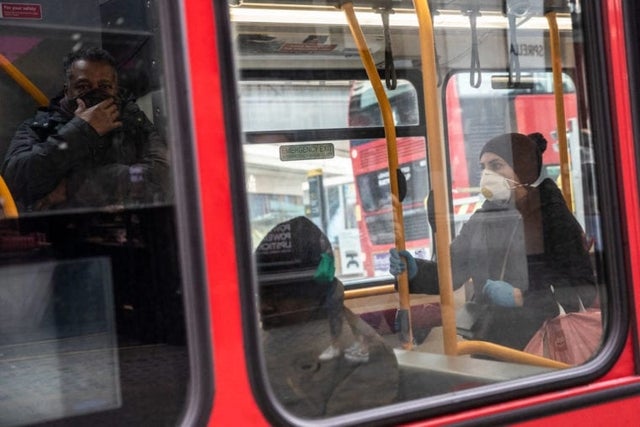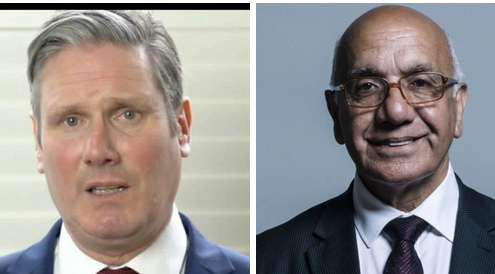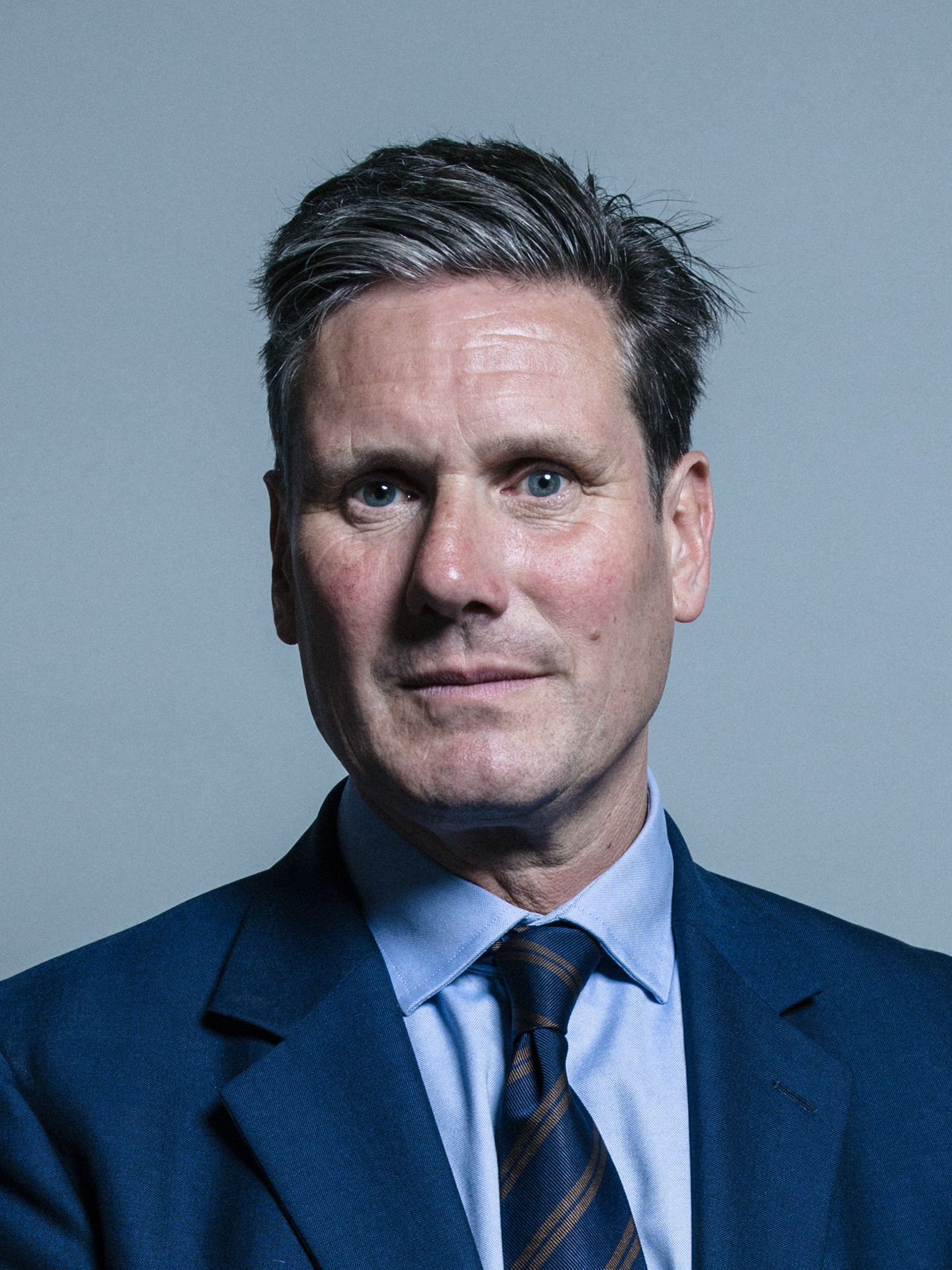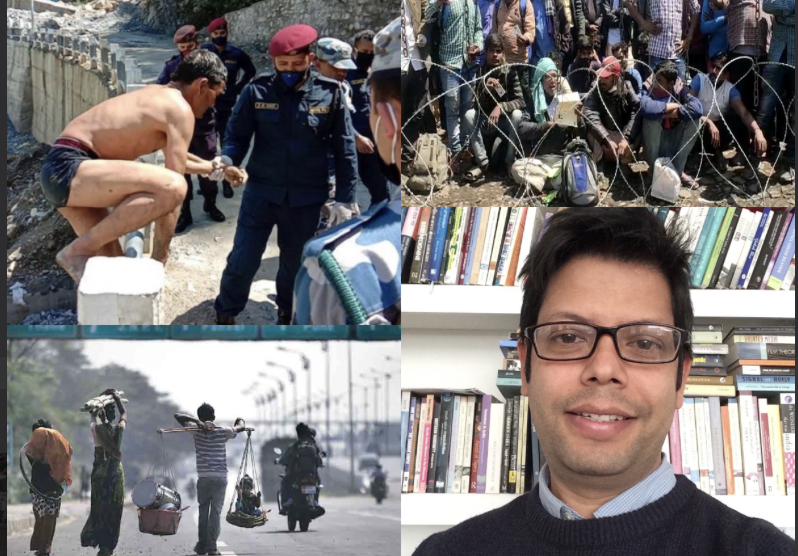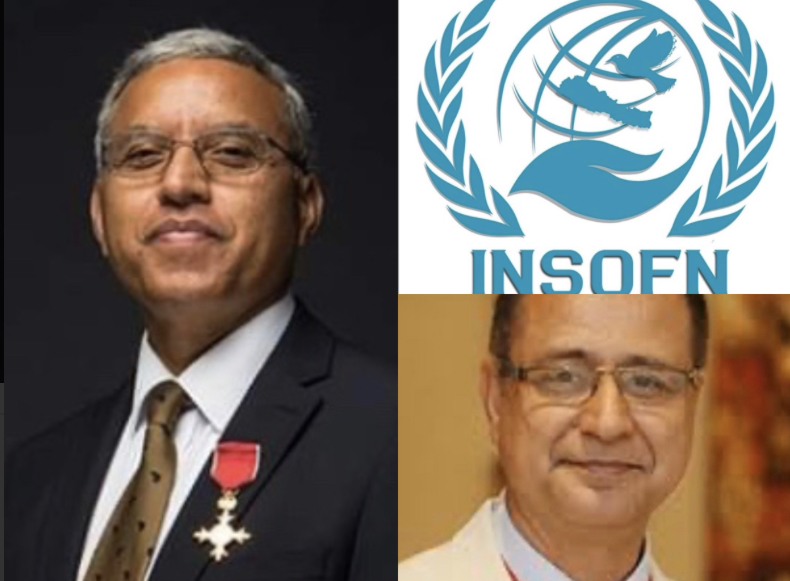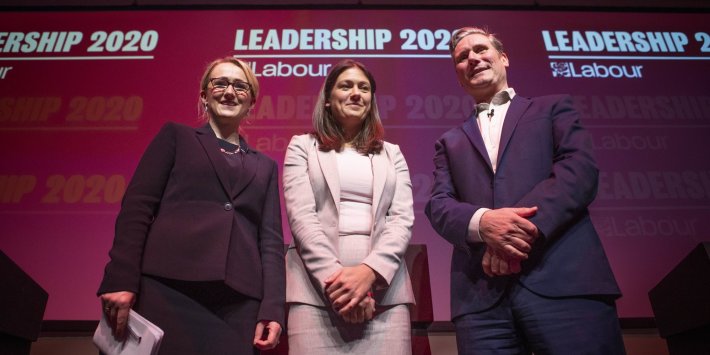Senior Lecturer in South Asia and International Development, School of Social and Political Science, University of Edinburgh.
He is the author of “Crossing the Border to India: Youth, Migration and Masculinities in Nepal” which published by the Temple University Press (2018) and Bloomsbury (2019). Dr Sharma spoke to BHAGIRATH YOGI and JAGAN KARKI on the impact of coronavirus and lockdown in South Asian countries on migrant workers. 
Excerpts of the interview:
Tens of thousands of Indian migrant workers returned to their villages from mega cities after PM Narendra Modi announced three-week long nationwide lockdown. Could there be a better way to fight with the Covid-19?
It is very natural for politicians/governments to prefer the policy of lockdown in their attempt to contain the contagion. Likewise, it is very natural for low-income migrants to try and return to their villages in a context where their economic security is threatened and they are left without any social support and protection. On 24 March, Indian PM Narendra Modi announced a national lockdown to contain the spread of covid-19 with very little notice. For reason that remains unclear, the Indian state didn’t consider the impact such lockdown with very little notice would have on millions of internal as well as cross-border migrants leading to an exodus migrants attempting to return to their villages. In addition to the ‘potential’ public health benefits of lockdown, the policy of lockdown gives state a certain sense of control and legitimacy.
Indian PM could have given a longer notice for lockdown so migrants would have been able to able to travel to their village, and additionally he could have offered economic and social security packages for this group of population.
We need a regional thinking when it comes to the welfare and protection of migrant workers in South Asia. First and foremost, migrant workers are human beings with human rights and second, as labor, they are economic citizens with certain entitlements and economic and labor rights. If we are able to involve these two, the situation of migrant workers will be far better.
How is the situation of internal and cross-border migration in South Asia? What do you think needs to be done to protect the life and dignity of internal and cross-border migrant workers?
South Asia is a region of migration; migration to cities and town has a long history and this has escalated in the last few decades. There are about 200-300 million people moving from countryside to cities and towns, both internally and across the border. As economic hubs, South Asian cities and smaller towns attract members of marginal rural households experiencing difficult economic, political and social conditions at home.
The cities and town in this sense offer a sense of economic security and freedom although the situation of low-income migrants in South Asia has been appalling with poor conditions of work, pay, living conditions and rampant ill-treatment. Universal access to basic services without having to prove citizenship and documents would be a good start but that’s a wishful thinking in the current political context of South Asia, but Covid-19 does give an opportunity to consider this.
Hundreds of Nepali migrant workers are stranded at the Nepal-India border at present. Should they be allowed to return home?
As I indicated above, large number of Nepalis go and work in India in search of economic opportunities. They return home as they have left their family, farms and social support behind. It is only natural that Nepali migrants want to return home when there is a lockdown with no economic security and protection. Of course, they should be allowed to return home with proper public health measures such as testing, quarantine and isolation. It is disappointing, to say the least, that low-income migrants are treated like virus in the border and are left stranded.
You have studied about the plight of Nepalese working in India. What did you find out?
Given the limited economic opportunities in rural Nepal, young men from low-income households have historically relied on comparatively large economy of Indian cities where they travel regularly in search of various work opportunities so they can support and maintain their families back home. Although Nepal and India share unique open border, ‘open border’ and ‘equal treatment’ do not apply to poorer migrants who are subjected to ill-treatment and humiliation during travel and border-crossing. The working and living conditions are poor, and access to basic services limited. Nepali migrants are regularly subjected to ill-treatment and discrimination. My research shows that while the idea of freedom remains extremely important in men’s migration decision, Nepali migrants’ actual experience are often of suffering and lack of freedom.
Despite all these, gendered ideas of masculinities and involvement in various forms of opportunities for consumption and adventure, it offers powerful means by which these migrants continue to travel to India, despite many difficulties they face.
People from Nepal and other neighbouring countries work in India in huge numbers but they often seen unseen and unheard. What do you think respective governments should do to protect their interests?
I think we need a regional thinking when it comes to the welfare and protection of migrant workers in South Asia. First and foremost, migrant workers are human beings with human rights and second, as labor, they are economic citizens with certain entitlements and economic and labor rights. If we are able to involve these two, the situation of migrant workers will be far better.
It is disappointing that low-income migrants are treated like virus in the border and are left stranded
The corona virus pandemic has once again showed that poor and marginalised communities bear the biggest brunt. Do you think the time has come to rethink our overall development paradigm?
Exactly, this virus isn’t democratic as some people have commented. Both the virus and the response of the governments have disproportionate impact on the poor and the marginal groups. Not only are low-income migrants already vulnerable due to their poor working and living conditions, they have no or poor access to healthcare. Additionally, they bear the significant impact of lockdown measures we have seen in South Asia. Broader public health messages such as ‘washing hand’, ‘social distance’ and ‘isolation’ do not reflect the context in which millions of migrant workers live and work in South Asia where they live in cramped housing, lack access to water, many work in settings where social distance is not possible and are simply difficult to trace and track. Additionally, they are now seen as the source of virus who are being stopped from crossing the border (without any testing) and news reports show racialised and humiliating treatment of migrants as photographs of migrants being cleansed circulated in India media.
For further information Dr Sharma could be reached through the following link : http://www.sps.ed.ac.uk/staff/south_asian_studies/jeevan_sharma






